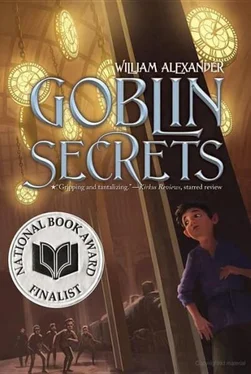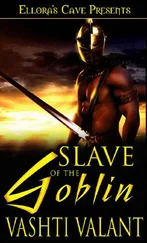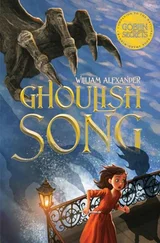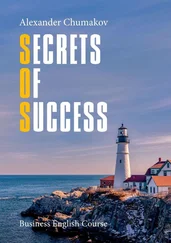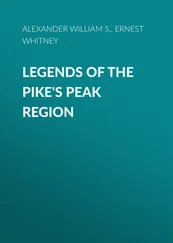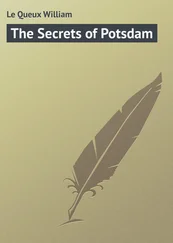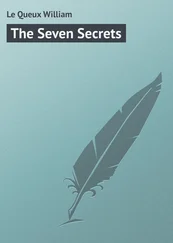Stubble stopped singing and smacked the side of Rownie’s head. “Don’t get the River’s attention,” he said. “The floods will come for you.”
Rownie rubbed his head with one hand. He didn’t look up. He watched the River. It was vast, and Rownie couldn’t look at it for long. There was too much of it to take in. He watched until he had to look away, and then he looked at the ravine walls to either side of the River, and after that he looked at the stones in front of him.
Rownie had a brother older than any of the siblings who shared Graba’s shack, an actual birth-brother. They looked alike, both of them dark with dark eyes—eyes you couldn’t easily see the bottom of. Everyone called the brothers Rowan and Little Rowan. After a while “Little Rowan” shortened into “Rownie.” Rownie had never had a name of his own. Their mother drowned before she’d had a chance to name him.
He also didn’t know how old he was. Vass kept saying that Rownie was eight years old. She remembered everyone’s birthday, but she didn’t always tell the truth about birthdays, and Rownie suspected that she was lying about his. He was sure he was closer to ten.
Rownie and Rowan used to throw pebbles together, right on this spot on the Fiddleway Bridge. They would listen to the musicians, and Rowan would tell stories about the River and about their mother; how she had skippered a barge and gone down with it just underneath the Fiddleway. Only Rowan was able to swim to shore. He carried Rownie with him.
Vass didn’t believe that story. No one can swim through that part of the River, she would argue. The currents are too strong. You would have drowned too. Rowan only shrugged. We didn’t drown , was all the answer he gave.
Later, he showed Rownie where to toss pebbles down from the bridge. We drop the stones to say hello. It’s like leaving a small pile of stones on a grave. The dead speak in stones. Pebbles are the proper way to tell them hello. So Rownie always said hello when he crossed the bridge, even though he didn’t remember his mother at all, or her barge, or a time before Rowan brought him to stay with Graba because they didn’t have anywhere else to stay.
Rowan had been gone for a couple of months now. Stubble, Blotches, and the rest seemed to have forgotten about him already—but Graba remembered. If you hear from your brother, she’d say, you’ll be sure to tell Graba, now. A charmer, that one. Your Graba misses her grandchildren, all of her grandchildren, and that one she worries for.
Rownie had never known Graba to worry about anyone, and Rowan hadn’t even slept in Graba’s shack for over a year. He was too old—sixteen years old—and he took up too much of the straw floor when he slept there. Still, Rownie nodded and promised to tell Graba if he heard from his brother.
You will do that, now , Graba agreed.
Stubble and Blotches started up a song about floodwaters and falling bridges, which seemed to Rownie a very stupid thing to sing about while actually on a bridge. He left them there and crossed the road, looking for the goblin sign—and looking for some sign of Rowan, just like he always did on the Fiddleway. He found the goblin sign, but only the goblin sign. It had been tacked to the opposite railing with one iron nail. Rownie read it carefully. He was good at reading. Rowan had taught him how. It read:
THEATRE!
A Troupe of Tamlin PLAYERS will Delight and
Astound the Citizens of this
Fair City at Dusk.
Discover their Stage in the CITY
FAIRGROUNDS.
The stage will be Illuminated by Cunning Devices.
The Players will present the finest
Performances of MIMICRY, MUMMERY, and VERSE,
along with Feats of Musical and Acrobatic Skill to
Delight every Eye and Ear.
Two Coppers per Audience Member.
He read it again. He still didn’t believe it. He read it again.
Goblins were putting on a play. Nobody could put on a play. Nobody was allowed to put on a play, but goblins were going to. Maybe he could see some of the show before they all got arrested.
Rownie ran the rest of the way across the bridge, through music from fiddles and whistles and drums. His coat billowed behind him like a sail.

BROKEN GEARS AND STACKS OF WOOD filled the alleyway outside Scrud’s workshop. Rownie heard shouting inside. He waited in the alley and rooted through some of the mess of gears until the shouting faded to a low mutter. Then he went in.
The noise did not actually stop. It never did. Mr. Scrud was always shouting to himself.
“Hello, Mr. Scrud!” Rownie called out from the doorway, hoping to be noticed now rather than later. The workshop smelled like sawdust and oil, with a rotten smell underneath. Scrud made very good mousetraps, but he never remembered to clean up the mice afterward.
Planks of wood, bars of copper, and gears stacked in piles and pyramids covered the floor. Dowels stuck out from the plaster of one wall, with ropes, chains, tools, and more gears hanging from them. Clocks hung on the other wall, so many that the wall looked like it was made out of clocks. They all worked, or most of them did—tocking and ticking in rhythms that clashed with each other. It sounded like an argument of clocks.
Scrud bent over his workbench in the middle of the room.
“Jellyweed and impsense!” he shouted at the bench. His voice was cracked and tired. He dropped one twisted tool and picked up another from the wall without clocks. He didn’t notice Rownie. There was a gearworked horse’s head on the workbench, and this did notice Rownie. The automaton’s eyes followed the boy as he picked his way across the floor and tried not to step on anything important.
Rownie took a deep breath. “Hello, Mr. Scrud!” he shouted again. The gearworker scared him, and always had scared him, but Rownie had been here often enough that the fear didn’t matter. He felt it, bright and burning, but it didn’t stop him from standing in the middle of the floor and shouting Scrud’s name.
The gearworker’s head snapped up. He looked at Rownie. The gearworked horse looked at Rownie. Then both of them looked away, and Mr. Scrud began to mutter in an undertone. He wasn’t shouting. This meant that he was listening.
“Graba paid more than she needed to pay, Mr. Scrud. Last time you fixed her leg, she paid more than she needed to.”
“Impsense!” said Scrud. He stuck a long pin in the horse’s ear and twisted it. The horse shut one eye.
“It’s true, Mr. Scrud,” said Rownie. He could see three bottles of gear oil on the shelf behind the workbench. This was what Graba wanted, and Rownie knew that each bottle cost two copper pennies. Two coppers per audience member, the sign had said. Goblin farce, onstage, for two coppers. Maybe they wear masks. Maybe they juggle fire. Maybe they have metal teeth.
He was very afraid of what he was about to do. He took another deep breath.
“She overpaid, Mr. Scrud,” he said. “She needs two coppers back.”
Rownie met Scrud’s glare when Scrud stared at him. He would not turn around and run. He showed Scrud that he would not turn around and run by the way he stood there.
Scrud reached up onto the shelf behind him, took down a bottle of gear oil, and put it on the bench where Rownie could reach it.
“No,” Rownie said, standing and breathing. “This time she needs the two copper pennies.”
Читать дальше
